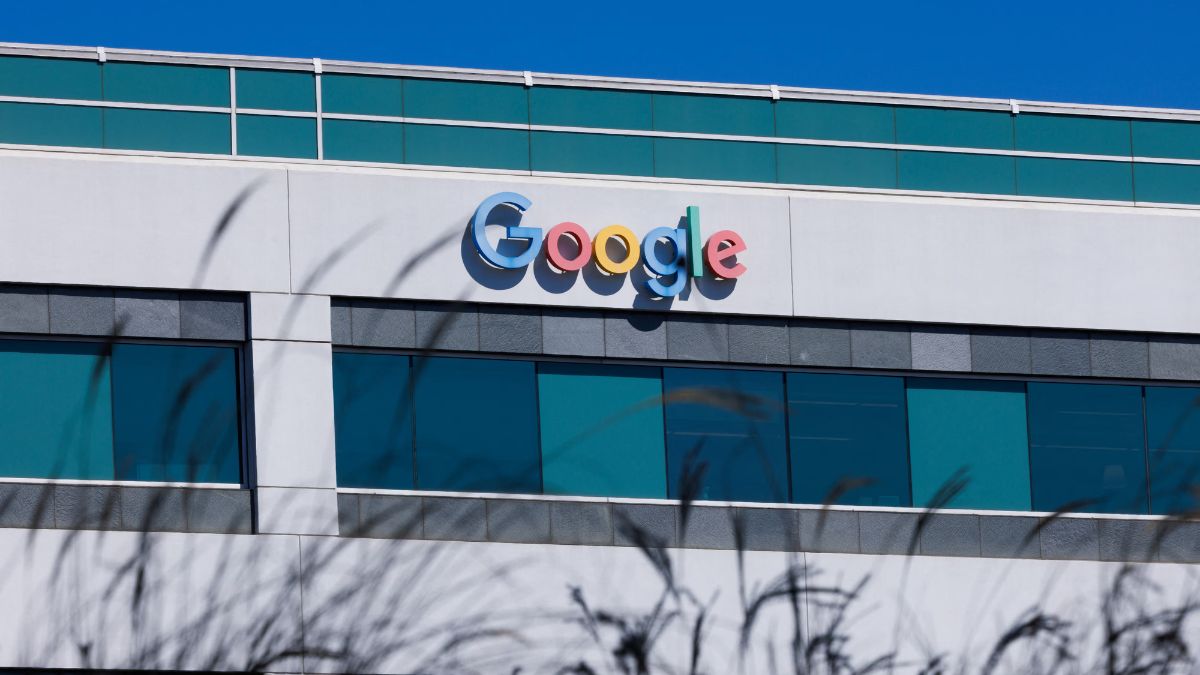The US Department of Justice (DOJ) has launched its strongest challenge yet to Google’s dominance in digital advertising, urging a federal judge to break up key parts of the company’s ad tech empire. During opening arguments on Monday, government lawyers argued that Google has illegally maintained a monopoly for more than a decade, harming publishers and stifling competition across the online advertising market.
The DOJ wants Google to sell its AdX exchange, a platform that connects advertisers with publishers, and to open source the auction logic behind its publisher ad server, DoubleClick for Publishers (DFP). If those measures fail to restore competition, the government is asking the court to consider forcing Google to sell DFP as well. Prosecutors say these steps are necessary to dismantle the “massive head start” Google has used to lock publishers into its products, which fund much of the free content on the internet.
“Without a breakup, Google will find another way to cheat,” DOJ attorney Julia Tarver Wood told Judge Leonie Brinkema, warning that behavioral fixes alone would not prevent future abuses. The government argued that Google’s dominance has left publishers with no real alternative but to accept unfavorable contracts, even when its tools reduce ad quality.
Google strongly opposes the proposals, calling them “radical and reckless.” Company lawyer Karen Dunn said the DOJ’s plan would take a decade to implement and could harm consumers by disrupting the online ad ecosystem. Instead, Google is offering behavioral remedies, such as limiting certain auction tactics and improving integration with rival platforms—changes it claims could be implemented within a year.
The trial follows an earlier ruling in which Judge Brinkema found Google guilty of illegally monopolizing the market for ad servers and exchanges and of tying its products together to benefit itself. The outcome could reshape the $600 billion digital advertising industry, where Google’s tools are widely used to sell and place online ads.
A decision on remedies is expected after the trial concludes, but Google has already signaled it will appeal any breakup order. The case is being closely watched by publishers, advertisers, and regulators around the world as a potential turning point in efforts to curb Big Tech’s market power.











